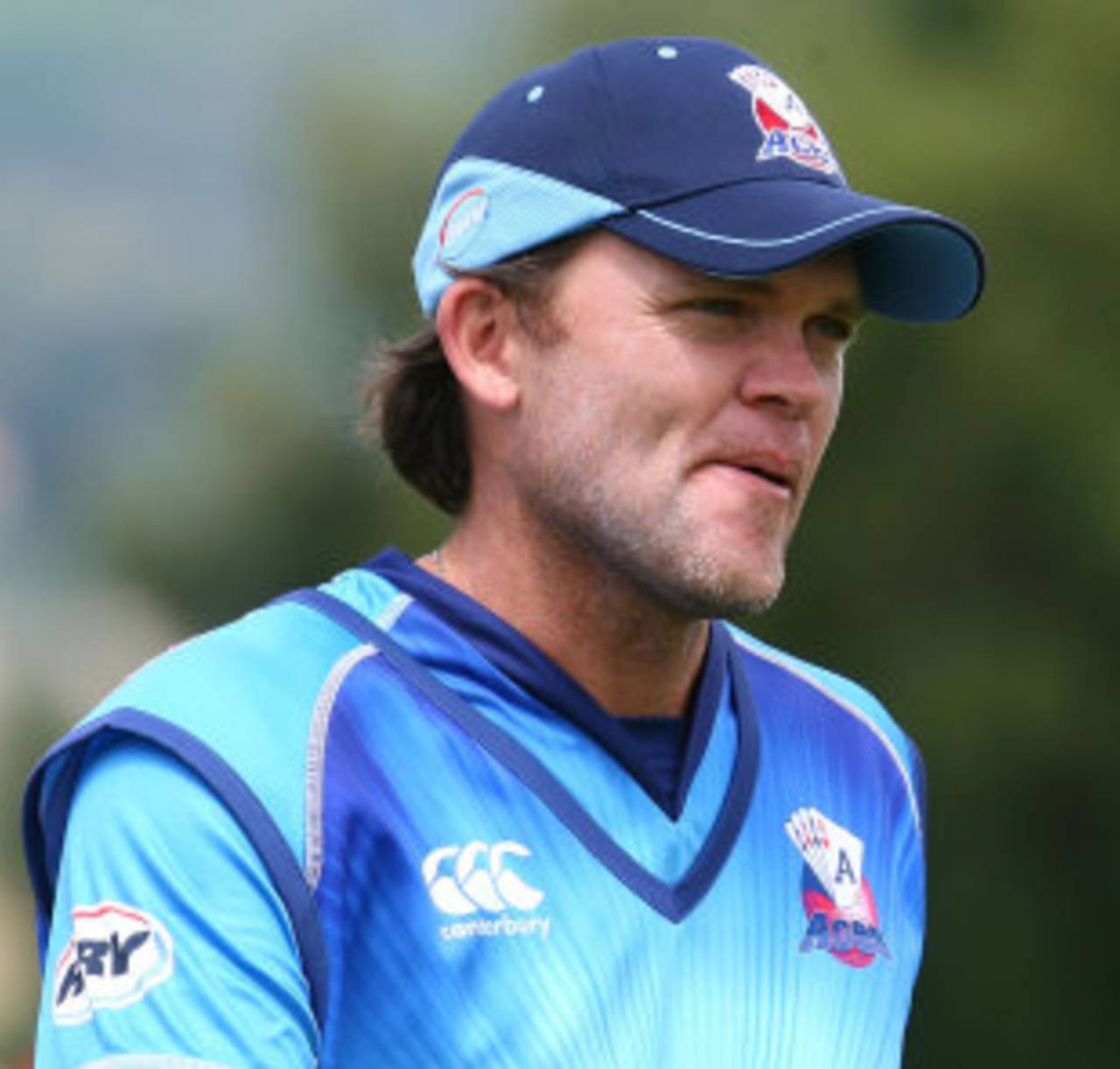Cricket has a history of being blind to corruption
Despite all the red flags alerting to the fact that there must be a zero-tolerance policy towards fixing, administrators have done little to initiate it

Lou Vincent's fixing revelations are the latest in a series that dates back to the late 1990s • Getty Images
Former Australia captain Ian Chappell is now a cricket commentator for Channel 9, and a columnist